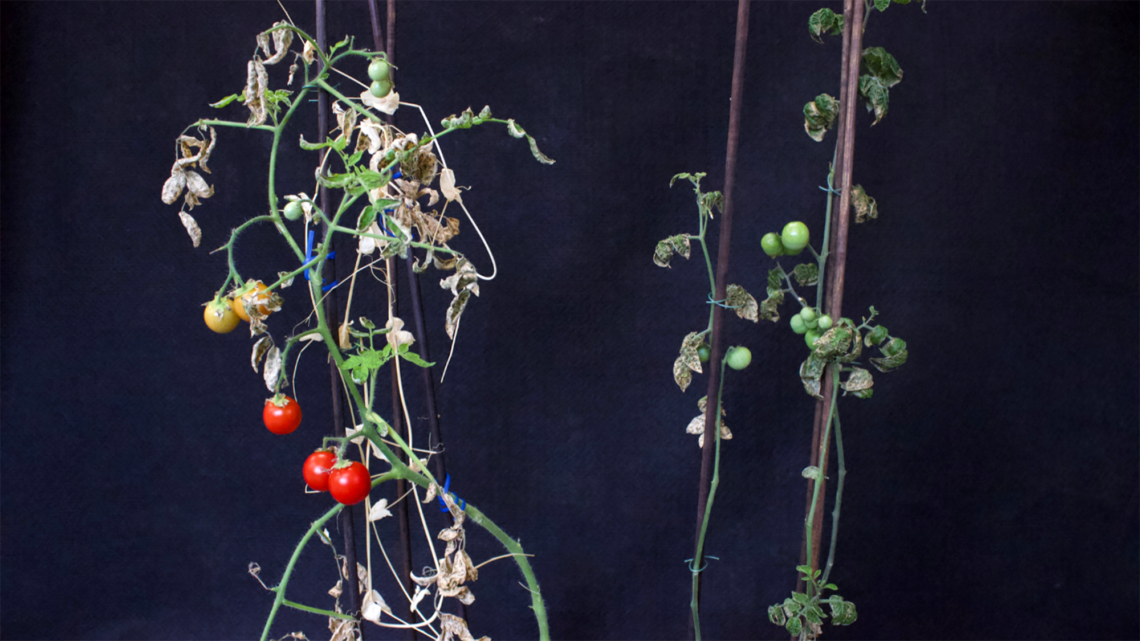NASA has big plans for space farms and there are plenty of ideas from astrobiologists for what the best crops to grow on Mars could be. To best optimize these future extraterrestrial farms, scientists are also exploring what planting methods could boost potential crop yields on the Red Planet. Some new experiments with tomato, carrot, and pea plants found that growing different crops mixed together could boost yields of some plants in certain Martian conditions. The findings could also have implications for life on Earth and are described in a study published May 1 in the journal PLOS One.
A Martian greenhouse
In order for future humans to survive on Mars for long stretches at a time, nutritious food is going to be essential. While learning how fake astronaut Mark Watney grew potatoes in the sci-fi novel and film The Martian was entertaining and informative, real astronauts should have some helpful resources from planet Earth for growing food in future Mars settlements.
To learn how to best do this, scientists on Earth must simulate the unique conditions on the Red Planet here. Mars’ atmosphere is about 100 times thinner than Earth’s and is mostly made up of carbon dioxide, nitrogen, and argon gasses. Entire Martian colonies in the future will need to be set up in controlled enclosures similar to greenhouses with an Earth-like atmosphere of the right mixture of oxygen, nitrogen, and carbon dioxide.
[Related: Why space lettuce could be the pharmacy astronauts need.]
“The best ‘Martian environment’ is actually simply a greenhouse with controlled conditions including temperature, humidity, and gasses,” Rebeca Gonçalves, a study co-author and astrobiologist at Wageningen University & Research in The Netherlands, tells PopSci.
For this study, Gonçalves and the team used greenhouses at the university to simulate a growing environment on Mars. They tested how crops fare in a simulated version of Martian regolith–the…
Read the full article here

